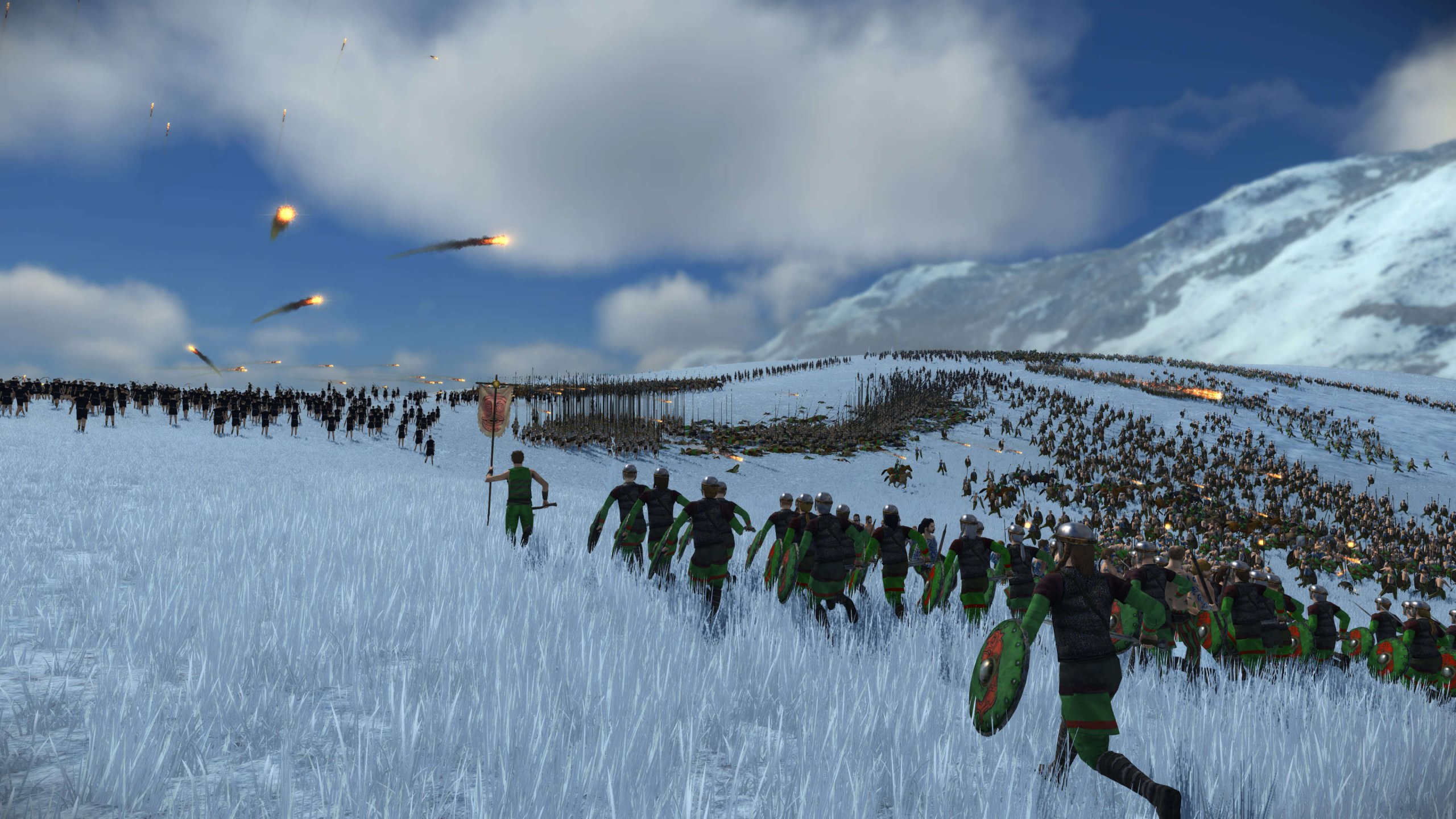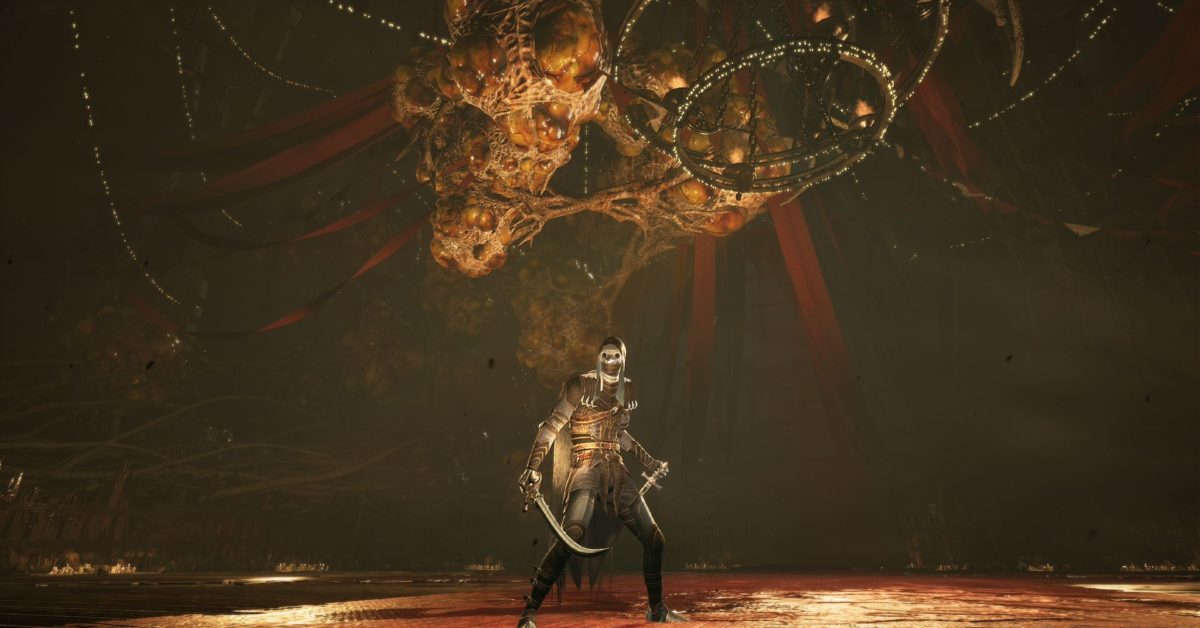Share
Black Book is a game absolutely steeped in Slavic myth and culture, creating an utterly unique experience that weaves in elements of narrative adventure and card battling. The Slavic themes are by far the strongest aspect of Black Book, especially as the game explores the Russian countryside.
A World of Witches and Demons
The story follows a young girl named Vasilisa, whose fiance dies under mysterious circumstances. Vasilisa decides to become a witch and seek out the “Black Book,” which can grant her any wish if she’s able to unlock its seven seals. The setup feels a little rushed, but Black Books world and characters are surprisingly well-written. Essentially each “chapter” of Black Book has you setting out from home and traveling to a series of nodes on a map. Each node plays a text story that can result in finding an item, talking to an NPC, battling a demon, or a variety of other outcomes. The writing in these segments is genuinely phenomenal, breathing life into the setting with descriptive text that paints a clear picture.

So many of these small stories end up being impactful in one way or another, with messages to impart. You consistently encounter innocent people whose lives have been ruined by demons, which you can choose to solve or not. The choices you make add to a “Sin” resource, and your Sin being higher can affect the way the story plays out and the ending that you get. A demon-management system also ties into Sin, as each chapter requires you to task each of your demons with doing some horrible deed.
It’s a fascinating system as demons completing missions reward you with money and items, but also contributes to your Sin. There is another option, as you can choose not to send your demons on missions, but if you do that each one not sent out will apply some kind of negative effect on you for that chapter, such as reducing the damage you cause with each card by two.

Of course, seeing these stories play out isn’t the only focus of Black Book, as the game also features a robust turn-based card combat system; think Hearthstone but a bit less complex. Each turn lets you use four cards, which are separated into two categories, black (damage) and white (armor). Vasilsa uses all of her cards before the enemy’s turn, so you need to plan strategically to either cause a bunch of damage or bump up your armor and protect you from enemies. Cards can also have a variety of effects like causing damage over time, reversing status effects, casting berserk on enemies, and more. Black Book’s combat system is another aspect of the game that feels surprisingly robust, and the game does a good job of making the system grow and expand across the experience.
On top of cards, Vasilisa can also use a variety of consumable items and equip artifacts that grant boosts. At certain points in her adventure comrades will also accompany Vasilisa, providing even more options in combat with their own unique attacks on a cooldown.

Substance Over Style
The biggest drawback with Black Book, at times, is the graphical style. The hand-drawn art in conversations is stunning, by the in-game graphics are oftentimes blocky and ugly. The biggest problem is when there’s an imposing demon that looks incredible in the hand-drawn style, which then ends up looking completely hokey in the blocky style. It’s also clear the developers used amateur voice actors to try and bolster the cultural feel. This succeeds most of the time, but there are a few performances that stand out as phoned-in.
Even with those minor drawbacks, however, Black Book is an incredibly original game that manages to succeed in most of its ambitions. The story and setting are enthralling, and they honestly left me wondering why we don’t see more games that really dive into Slavic folklore; although there are titles that use elements of it, such as The Witcher series. If the premise of Black Book interests you in any way, you won’t leave disappointed.




